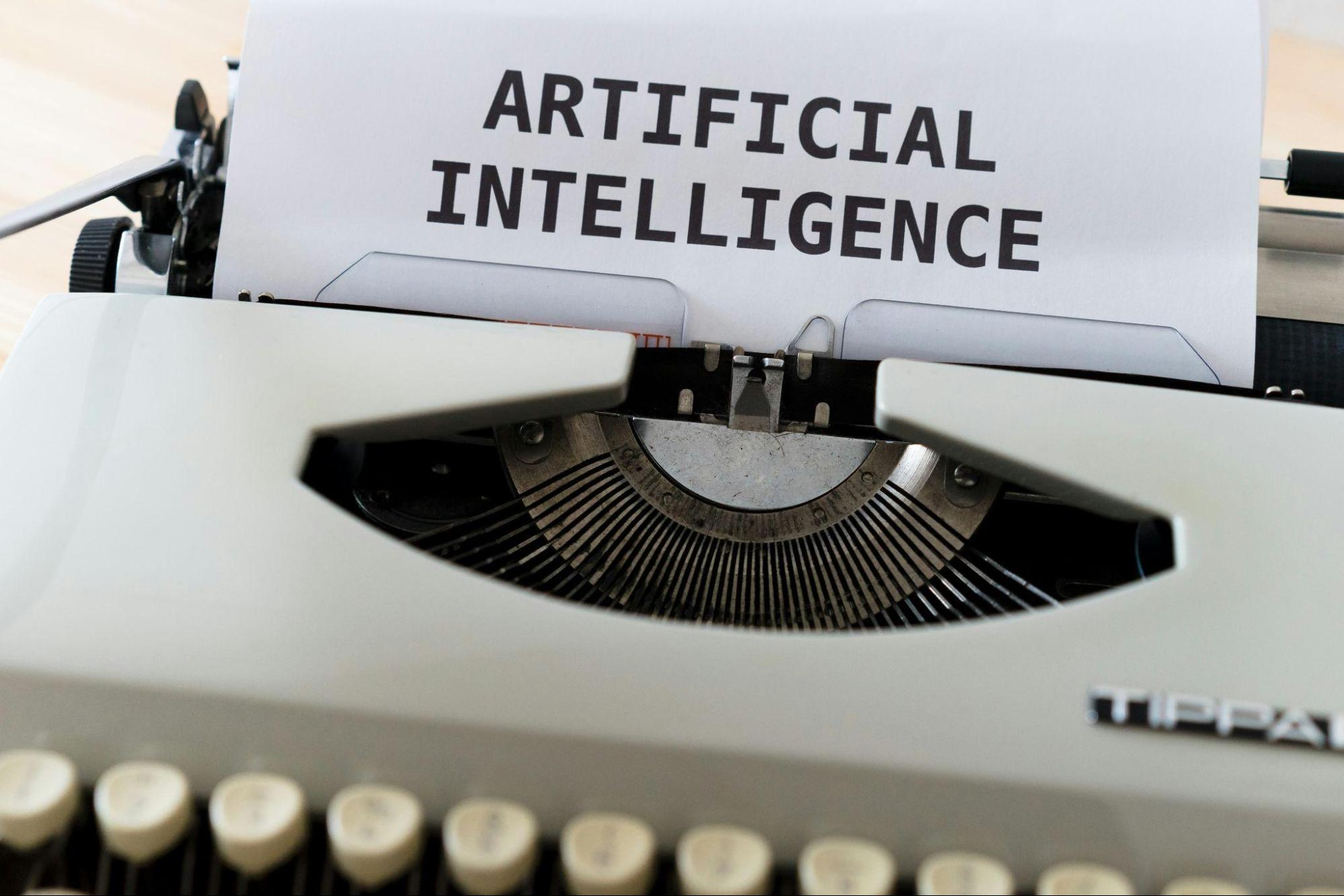What Does the Future Look Like for AI-Powered Social Media Marketing?
Although AI is already significantly influencing the success of marketing campaigns on social media channels, the field continues to grow.
AI algorithms can identify the most successful strategies by applying predictive analytics and automated bidding strategies.
They can help continuously improve campaign performance and find cost-effective allocation based on currently processed information.
So, if you are a business looking to increase the efficiency of your marketing efforts, you are in the right place.
We will explore how AI business solutions can transform how brands reach their audiences, enhancing efficiency and influencing more effectiveness in a competitive digital landscape.
1. Streamlined Advertising Endeavours
AI presents a game-changing proposition in digital marketing. Its power in digital advertising can offer enterprises operational advantages. Businesses can easily target their desired demographics using top-tier AI tools to ensure they can compete in their respective niches.
The growing internet usage worldwide will further simplify online marketing. Deep machine learning algorithms employed by search engines will expedite understanding user search patterns, furnishing marketers with invaluable insights.
2. Precision in Content Marketing Strategies
AI in social media marketing extends to crafting optimal content strategies. Search engines, powered by AI integration services, give accurate data insights, facilitating content creation aligned with user preferences.
Advanced algorithms-enabled search engines furnish relevant search results by looking at users’ past search histories. This helps digital marketers create content that users like and performs well.
AI in social media will empower marketers to create content tailored to resonate with their target audience, transforming raw data into valuable insights with remarkable efficiency.
3. Integration of Chatbots and Virtual Assistants
AI-powered chatbots are invaluable for digital marketers. They serve as intermediaries between users and company platforms. These intelligent chatbots will make communication easier, enabling marketers to gain insights into customer needs while effectively addressing queries.
Furthermore, chatbots will analyze posts across diverse social media platforms, aiding marketers in crafting compelling ads to entice a broader online audience.
4. Predict Market Trends
AI-equipped tools empower organizations to predict the market. By using AI, machine learning, and predictive analytics, businesses will analyze data for forecasting future trends.
AI systems can effectively analyze user engagement patterns and feedback to determine what kind of content should be promoted and which adjustments to the messaging would be the best. They can also utilize gathered data to outline unique visuals and written content explicitly crafted for different demographic groups.
AI solutions will reform conventional ways and continually offer solutions that distinguish your business from competitors employing traditional marketing approaches.
5. Content Personalization
Drawing from user search histories, AI-driven mechanisms deliver tailored advertisements. For instance, social media giants like Facebook leverage advanced AI tools to showcase personalized ads based on user preferences.
Likewise, e-commerce platforms use AI algorithms to suggest relevant products. Leading streaming services like Netflix leverage AI capabilities and offer personalized content recommendations.
6. Integrated Strategies
AI-driven analytics tools allow marketers to develop personalized engagement strategies by examining user behavior and preferences.
Using information obtained from AI-supported emotional intelligence, marketers can tap into the emotional state of their target audience and produce content that deeply affects it.
Additionally, AI algorithms highlight complex patterns in user interactions, so businesses can predict future engagement and adjust content strategies accordingly.
Through effective messaging, interactive communication, and innovative gamification strategies, brands can build strong relationships with their target audiences to improve long-term business engagement and relationships.
Conclusion
Integrating AI in social media might be more than just a passing trend.
The technology impacts algorithms that tailor newsfeeds, curate advertisements, and undertake moderation tasks (albeit occasionally falteringly). Nevertheless, AI remains a work in progress, continually learning and growing.
The latest iterations of AI, exemplified by the GPT-4, have invoked responses from content creators worldwide that emphasize caution regarding the presence of AI-generated content. Its role in industries is likely to grow and become better for the collective growth of businesses and users.
How to Use AI-Powered SEO Tools for WordPress eCommerce
SEO is a critical factor in the success of any e-commerce WordPress store. As competition…
0 Comments11 Minutes
Why Short-Form Videos Are the Future of Content Marketing
Your Instagram customers spend over 50% of their time watching short-form videos and reels. Rather…
0 Comments12 Minutes
The Role of Digital Marketing in Business Growth
Online marketing touches every aspect of a business, whether it is initiating the idea or for an…
0 Comments3 Minutes
AI Meets Authenticity: Balancing Automation and Human Touch in Content Marketing
Is your brand starting to sound like a robot? In a world where algorithms write faster than any…
0 Comments8 Minutes
Essential Tools for Enhancing Web Design and UX Hosting
Have you ever visited a website that felt slow, clunky, or confusing? A website that is poorly…
0 Comments11 Minutes
How a Mini Cart Transformed My Store’s Shopping Experience
Okay, real talk—running an online store is hard. You think you’ve got everything figured out, you…
0 Comments9 Minutes
Balancing Your Security Initiatives With Industry Compliance Requirements
Managing a business today comes with a number of daily battles that need to be fought. Resources…
0 Comments11 Minutes
Best plugins to enhance the customer shopping experience
Customer experience is a key part of every online store. A good experience helps customers find…
0 Comments7 Minutes








